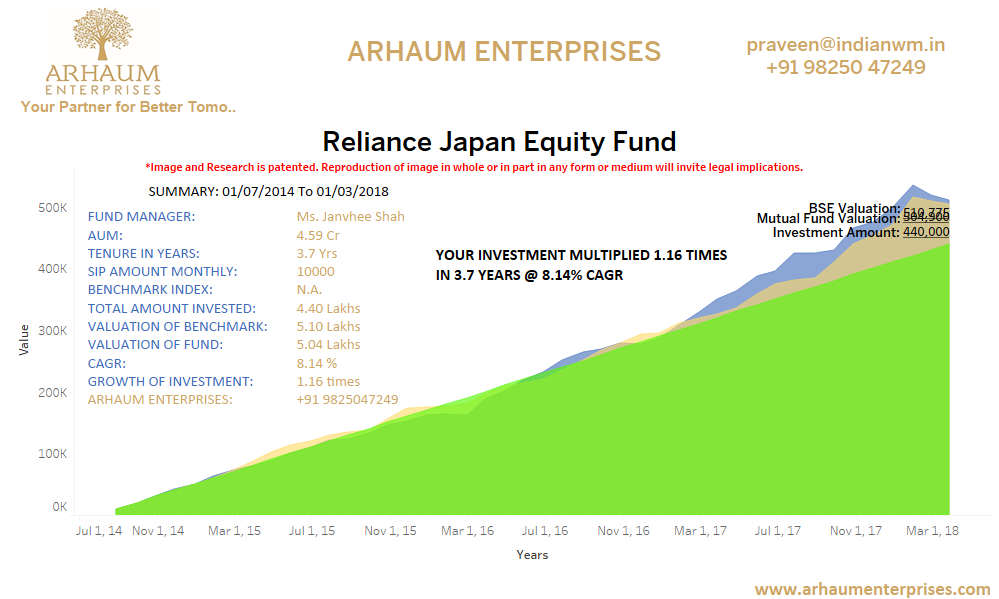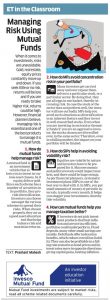Ramesh: Hey Suresh, good morning, how are you doing?
Suresh: Hey.. I am doing good, how about you?
Ramesh: I was wondering if you would be interested in investing in that bond which Anil was talking about yesterday, I am thinking to invest in the new bond too.
Suresh: Why do you want to invest in that bond?
Ramesh: Because I have never invested, and I have some money left from my last bonus. So I thought to go for it since a lot of people in the HR department are investing in it and it is supposedly a hot pick.
Suresh: My brother recently got associated with ABC Life Insurance company, and they are offering very good investment options. All of us in the family have invested in it. Why don’t you invest in a ABC policy through my brother, he will also pass on a % of his commission to you.
Ramesh(excited): Hey, that’s amazing, tell your brother I will buy ABC Life policy. Can you ask him to meet me in the morning tomorrow?
Suresh: Sure. Bye
Ramesh: Bye
What do we interpret from this conversation?
Ramesh is an amateur investor, and wants to park his money into some investment option. But even if that money is spare, it is his hard earned money and it should not go into any channel whatsoever, irrespective of his suitability and requirement. So, what should Ramesh do? Should he look for a financial advisor, who can devise a financial plan for him and suggest investments for him?
Ramesh should not rush through the process, or for that matter anyone, one who is a first time investor or the one who has been investing regularly. The first step is to prepare a list of goals that you want to achieve in life. What all should be accomplished in the next 5 years, the next 15 years and the 20 years and so on. Your life plan should be penned down before proceeding to invest. Before buying an investment, it’s important to ask yourself if you really require it. More than half of the mess can be cleared just by asking yourself certain questions pertaining to your investment. Don’t just enter into an agreement for any investment before asking the following questions from yourself:
Why do I want to invest?
The first question that should come to the investor’s mind is what is my investment objective? What is the reason behind taking the pains of the entire investment process? What future purpose will it serve?
Will I be able to afford it?
Do I have the money to commit to it. There can be lump sum or regular payments. Will you be able to save money for this investment after providing for your routine expenses, other investment commitments and emergencies.
How much will I need at for the goal?
If this investment is allocated towards a specific goal, will the maturity value be sufficient to meet the goal? This will take into consideration the inflation factor as well.
What is my risk profile? What if I lose?
Will I be able to sail through the loss? What is the worst case scenario? Is the product matching your risk profile. What if you are not in a position to take risk and the investment that you are choosing is equity oriented. And if it fails, you fall in a pit of economic crunch which you can’t handle.
Does the investment fit into my financial plan?
Is the product a hit or a miss in my existing portfolio? Does it complement my existing investments? This should be measured in terms of your ideal asset allocation and according to priority of goals. If you have enough of debt in your portfolio, and this is another debt investment, then there is no point going for it.
Do I know everything about the product?
Do I understand the investment product such that I can explain it to someone else? Do I know how exactly does it work?Any decision being uninformed can prove to be fatal for the health of your investment portfolio.
Do I know the company fundamentals?
Who is the provider of the product? What is the cash and debt position of the company? Who are the executives of the company? What are the company policies, etc? You should be aware of the demographics of the company from whom you are buying the investment.
What are the costs associated with the investment?
What am I paying to purchase the investment? Higher the cost, lesser the profit. It does not, however mean that you should always consider cheap options, rather the cost should be able to justify its worth. A good way to evaluate the cost is comparing it with similar products, it will give you a better idea.
What is the track record of the investment?
How has been the product performing in the past? Not only in absolute number but also in terms of peer performance, if the absolute number was low, but it outperformed the peer average and there is scope for growth, then it is a good product, worth considering.
Will I be able to liquidate if required? What if I need the money before maturity?
Or what if the investment doesn’t prove to be as good as I thought it would be? There may be penalties for premature withdrawal, or there may be a complete no-no to withdrawal before a certain period. The easier and cheaper the withdrawal, the better it is.
Have I confirmed the authenticity of the financial advisor?
Which organization does the financial advisor represent? What is the track record of the advisory? How well does it caters to customers? Or at least, does it even exist? It is your responsibility to find out about the person to whom you are entrusting your hard earned money.
What are the alternates available?
What are the other options available? Is the product under consideration any better than others in terms of cost or performance? You must evaluate other options before making an investment decision.
There are so many people who do not ask themselves these questions and go ahead with investing without a thorough thought. They could have avoided troubles later, by asking themselves these basic questions in the beginning. You might not have answers to all the questions. Your financial advisor will be there to answer the one’s which are beyond your understanding. He will devise a solution for you, and direct you if you shall or shall not invest in the product under consideration.



